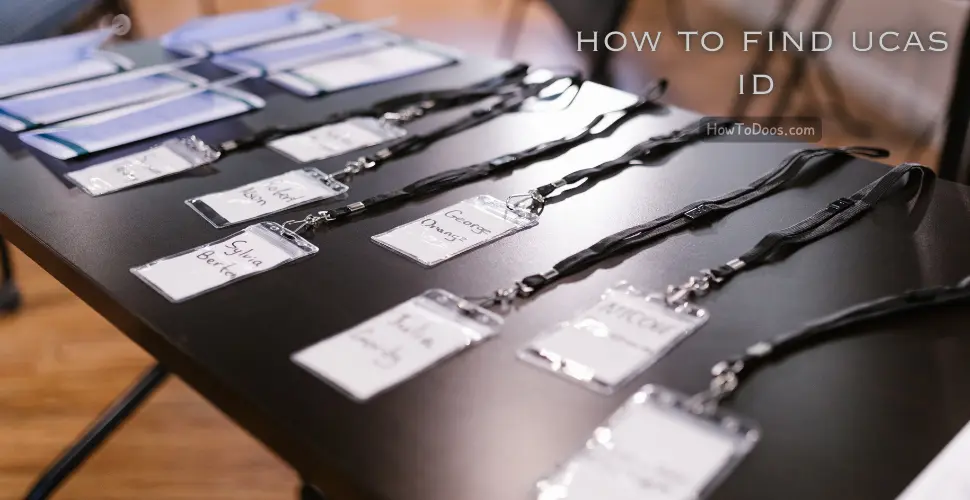How to Study Effectively: Strategies for Academic Success
-
 James Mitchell
James Mitchell - 15 Jul, 2024

How to Study Effectively: Strategies for Academic Success
Effective studying is essential for academic success. With the right strategies and techniques, you can make the most of your study time, retain information better, and perform well in exams. Here are some tips to help you study effectively.

Why Effective Studying Matters
Effective studying helps you:
- Understand and retain information better.
- Reduce stress and anxiety related to exams.
- Improve your academic performance.
Preparing for Effective Studying
Set Clear Goals
Define what you want to achieve in each study session. Having clear goals can keep you focused and motivated.
Create a Study Schedule
Plan your study time in advance. Allocate specific time slots for different subjects and stick to your schedule.
Organize Your Study Space
Choose a quiet, comfortable, and well-lit place to study. Keep your study area organized and free from distractions.
Strategies for Effective Studying
Active Learning
Engage with the material actively. This can include summarizing information, asking questions, and discussing topics with others.
Use Mnemonic Devices
Mnemonic devices can help you remember information through associations, such as acronyms, visual imagery, and rhymes.
Take Regular Breaks
Breaks are crucial for maintaining focus and avoiding burnout. Follow techniques like the Pomodoro Technique, which involves studying for 25 minutes and taking a 5-minute break.
Practice Retrieval
Regularly test yourself on the material you’ve learned. This reinforces your memory and helps you identify areas that need more attention.
Use Multiple Resources
Don’t rely solely on one textbook or source. Use a variety of resources such as online articles, videos, and study groups to gain a broader understanding of the topic.

Teach What You’ve Learned
Explaining the material to someone else is a powerful way to reinforce your understanding. It helps clarify your thoughts and identify any gaps in your knowledge.
Tips for Specific Subjects
Math and Science
- Practice Problems: Regularly solving problems helps reinforce concepts.
- Visual Aids: Use diagrams, charts, and graphs to visualize complex information.
Humanities
- Read Actively: Highlight key points and take notes while reading.
- Discuss: Engage in discussions to deepen your understanding of the material.
Languages
- Practice Regularly: Consistent practice is key to mastering a new language.
- Use Flashcards: Flashcards can help with vocabulary retention.
Managing Study Stress
Stay Positive
Maintain a positive mindset and believe in your ability to succeed. Positive self-talk can boost your confidence and reduce anxiety.
Get Enough Sleep
Adequate sleep is essential for cognitive function and memory consolidation. Aim for 7-9 hours of sleep each night.
Stay Physically Active
Regular exercise can improve concentration, reduce stress, and enhance overall well-being.
Healthy Eating
A balanced diet can fuel your brain and improve your focus. Include foods rich in omega-3 fatty acids, antioxidants, and vitamins.

Summary
Studying effectively requires planning, the right strategies, and a positive mindset. By setting clear goals, organizing your study space, and using active learning techniques, you can maximize your study time and achieve academic success. Remember to take care of your physical and mental well-being to maintain peak performance.
